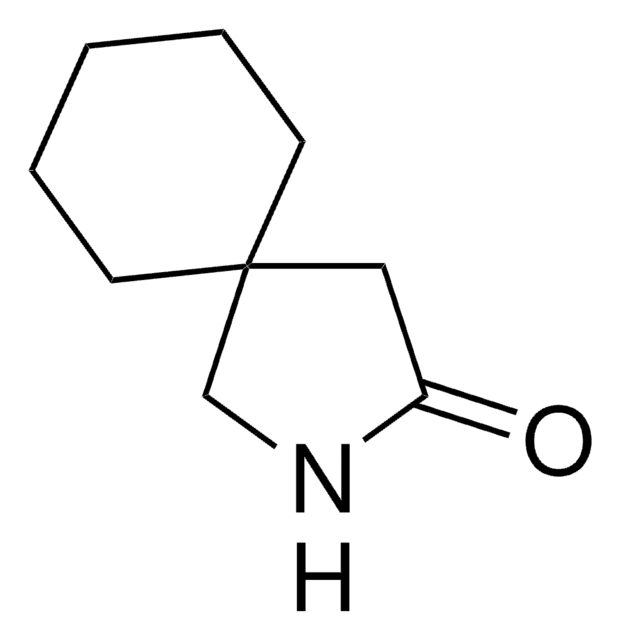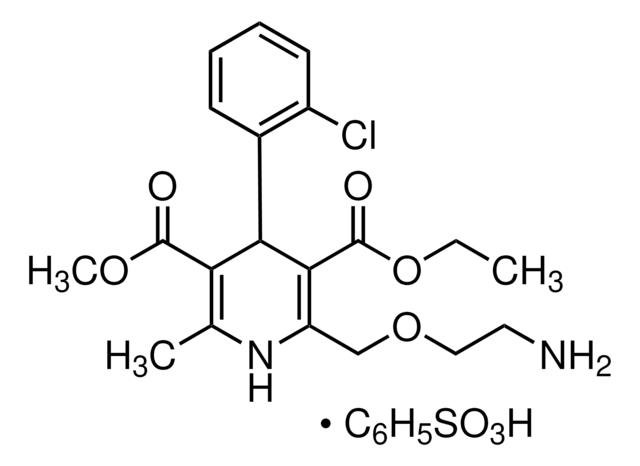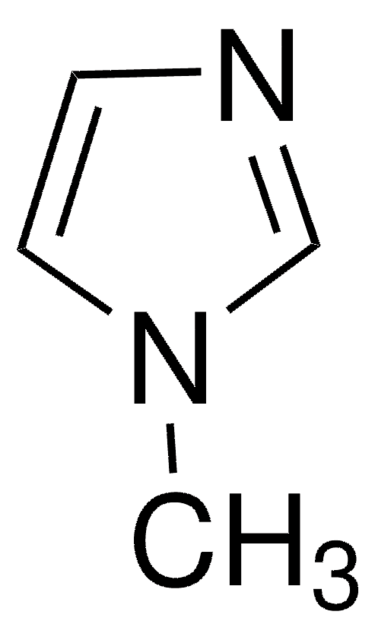Y0000680
2-Aminopyridine
European Pharmacopoeia (EP) Reference Standard
Sinónimos:
2-Aminopyridine, 2-AP, 2-Pyridinamine, 2-Pyridylamine
About This Item
Productos recomendados
grado
pharmaceutical primary standard
familia API
pyrilamine, mepyramine
fabricante / nombre comercial
EDQM
bp
204-210 °C (lit.)
mp
54-58 °C (lit.)
aplicaciones
pharmaceutical (small molecule)
Formato
neat
temp. de almacenamiento
2-8°C
cadena SMILES
Nc1ccccn1
InChI
1S/C5H6N2/c6-5-3-1-2-4-7-5/h1-4H,(H2,6,7)
Clave InChI
ICSNLGPSRYBMBD-UHFFFAOYSA-N
¿Está buscando productos similares? Visita Guía de comparación de productos
Descripción general
Aplicación
Envase
Otras notas
Producto relacionado
Palabra de señalización
Danger
Frases de peligro
Consejos de prudencia
Clasificaciones de peligro
Acute Tox. 3 Dermal - Acute Tox. 3 Oral - Aquatic Chronic 3 - Eye Dam. 1 - Skin Corr. 1A
Código de clase de almacenamiento
6.1A - Combustible acute toxic Cat. 1 and 2 / very toxic hazardous materials
Clase de riesgo para el agua (WGK)
WGK 3
Punto de inflamabilidad (°F)
197.6 °F - closed cup
Punto de inflamabilidad (°C)
92 °C - closed cup
Elija entre una de las versiones más recientes:
Certificados de análisis (COA)
It looks like we've run into a problem, but you can still download Certificates of Analysis from our Documentos section.
Si necesita más asistencia, póngase en contacto con Atención al cliente
¿Ya tiene este producto?
Encuentre la documentación para los productos que ha comprado recientemente en la Biblioteca de documentos.
Nuestro equipo de científicos tiene experiencia en todas las áreas de investigación: Ciencias de la vida, Ciencia de los materiales, Síntesis química, Cromatografía, Analítica y muchas otras.
Póngase en contacto con el Servicio técnico








